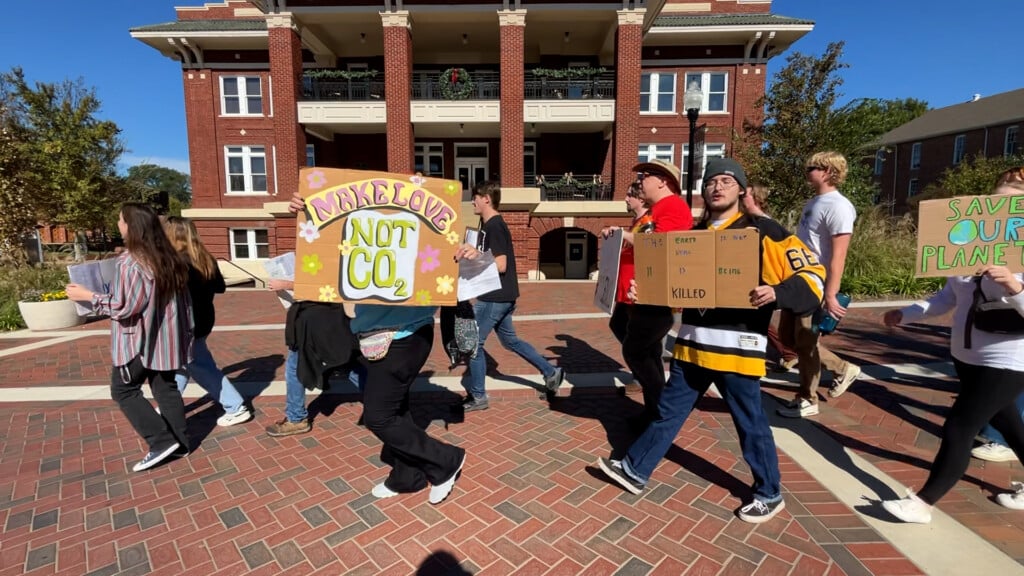Vaccine expert ousted from HHS to file whistleblower complaint
Dr. Rick Bright, the vaccine expert who said he was removed from his position at the Health and Human Services Department after he pushed to limit COVID-19 treatments touted by the president, plans to file a whistleblower complaint with the Office of Special Counsel and the HHS inspector general, his attorneys said in a statement.
The complaint will describe the “retaliatory treatment to which he was subjected by HHS political leadership after raising appropriate science-based concerns about White House pressure on treatment and vaccines related to the COVID-19 pandemic,” lawyers Debra Katz and Lisa Banks wrote Thursday.
They added that the Trump administration is “making demonstrably false statements about Dr. Bright, one of the nation’s leading vaccine, drug and diagnostic experts, to deflect attention from its retaliatory removal of him as the Director of the Biomedical Advanced Research and Development Authority (‘BARDA’).”
Katz and Banks say the filing will “make clear” that there was only one reason Bright was removed — “because he resisted efforts to provide unfettered access to potentially dangerous drugs, including chloroquine.”
President Trump has referred to hydroxychloroquine as a potential “game-changer” in treating COVID-19 and has recommended the use of the antimalarial drug as a potential treatment, despite limited evidence of the drug’s efficacy.
Mr. Trump Friday said “until yesterday, I never heard of the gentleman” about Bright. Asked by CBS News’ Weijia Jiang whether he has asked anyone to look into the circumstances, he responded “I have not yet. At some point I will.”
A source familiar with Bright’s situation said that the Trump administration had been pushing for a nationwide expanded access program that would provide chloroquine with limited physician oversight. Bright and his team were insisting upon a randomized controlled clinical study because there was insufficient information on the benefit and the potential harms of the drug to patients with COVID-19.
Bright and colleagues at the Food and Drug Administration were also concerned about the quality of chloroquine supplies produced and imported from facilities in India and Pakistan that had not been approved by the FDA. The administration settled on Emergency Use Authorization, an FDA authority that allows unapproved medical products to be used in medical emergencies, as a compromise between the two positions, which HHS political leadership directed Bright to implement.
Now at the National Institutes of Health in a role he considers to have less impact, Bright is hoping that after his case is heard, he can be reinstated as BARDA’s director and resume his work on COVID-19 “without further political pressure or distractions.”
Adam Verdugo contributed to this report.





Leave a Reply